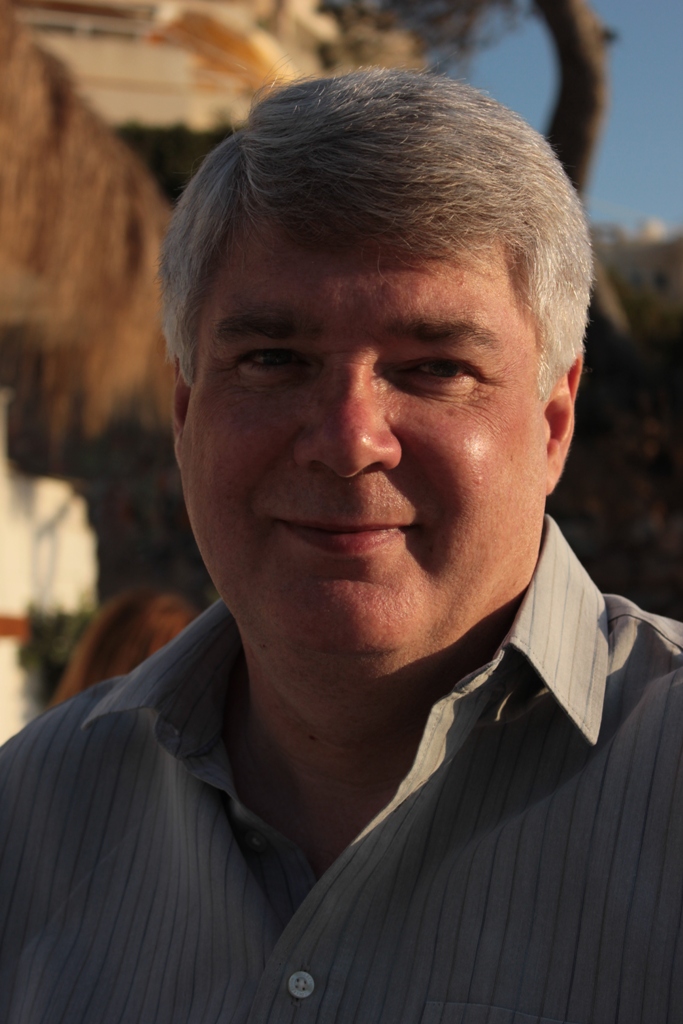ASK & DISCUSS
INDEXImportance of SOUND in pre-production of your short film
9 years, 10 months ago - Timo Saila
This is a reminder / advice for filmmakers, directors, producers out there.
This might sound biased coming from a sound engineer, but then again, who else would know more about the topic!
Okay, having worked in London as a sound recordist / sound editor for the last three years and being active in many of these internet forums and discussions I have noticed an alarming trend in jobs boards productions seeking sound recordists/engineers etc. LAST MINUTE for jobs.
"A sound recordist needed for a short film shoot for two days starting tomorrow. Needs to bring own equipment: a shotgun mic and three sets of radio mics. Expenses paid."
This is a made-up ad I wrote but could easily be found on the various jobs boards.
Even though sound recordists are known to be astute individuals with unrivaled problem-solving skills, they cannot solve problems that are caused by bad pre-production. If a director wants great production sound in their film (hence avoiding the costly process of ADR) they should include a sound recordist in the pre-production stage. Having a sound professional in the recce and pre-prod meetings can be of huge advantage to the project. Every location has it´s own acoustic characteristics which has an impact on the microphone selection. The camera angles, different lenses and lighting is going to affect sound recordist´s job and she/he needs to know that stuff in advance.
Sometimes the shotgun mic is not going to sound good / be of use because of a wide angle, tight location or noisy environment and a sound recordist needs to use radio mics to get the dialogue recorded. What if the talent is wearing something that creates a lot of noise to the radio mics? All this could be avoided with proper pre-planning. The sound people will have a solution to most problems as long as they get a bit of time to figure things out.
Also, having the permission to turn off A/C units, refridgerators, lights with noisy dimmers, neighbor´s dog etc. at the location is all part of soundie´s duties. They are the people who hear the minute details that will come haunting you in the post-production stage if not taken care of at the time of shooting.
So just to wrap this up and keep it simple, remember one rule: If you are producing a short film (or any other film) contact a sound recordist as early on as possible and keep her/him on the loop and include them in the production planning. There are things that have to do with sound that you´d never even think of. The beauty of film making is in collaboration between different departments. Let´s keep that culture of collaboration alive.
Thanks for reading and have happy holidays!
For further reading on the subject:
Here is a great little article on Indiewire page on the subject:
http://www.indiewire.com/article/dont-let-amateur-sound-crush-your-film-festival-dreams-20151201
And here is a great post from one of the London´s top recordists Richard Thomas explaining and expanding a bit more on the subject:
http://rtsound.net/?p=424
Only members can post or respond to topics. LOGIN
Not a member of SP? JOIN or FIND OUT MORE
9 years, 10 months ago - Dan Selakovich
Great advice. It is SO VERY important to have the production mixer visit the locations along with everybody else. I recall one production many years ago that the producer thought it would be a good idea not to pay the mixer for that preproduction day of location work. It was next to a light rail track, and they visited the location on a Sunday. The problem: they were shooting at that location on a week day. So every 15 minutes a train would come by, spoiling the sound. Any production mixer would have pointed out this obvious problem. No one else noticed or thought about commuters going to work during the week and therefore a heavier train schedule. That day costs thousands more in ADR work than the pennies (comparatively) of paying the mixer an extra day.
9 years, 10 months ago - Richard Connew
Its not just not planning for sound its often using the wrong sound equipment as well. In our early days in the 90's we used all sorts of poor quality low cost fit on camera mics thinking they would do the job! They did not and we ended up buying a Sennheiser 416 with a sound devices field mixer and all the dead cat boom kit. Expensive particularly then, but we have never looked back and still use the same kit albeit with various other mics etc today. Can't recommend the 416 enough for film making and re-echo what Timo said above. Poor sound = poor film no matter how good the filming!



